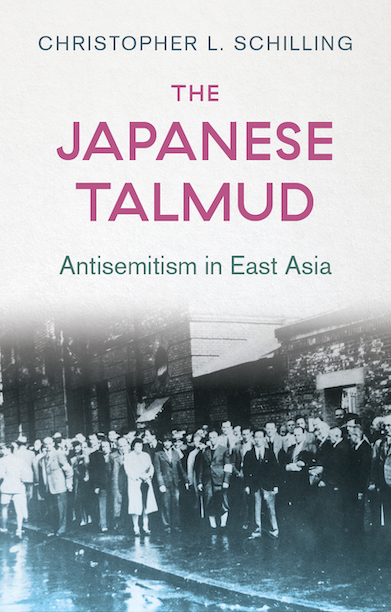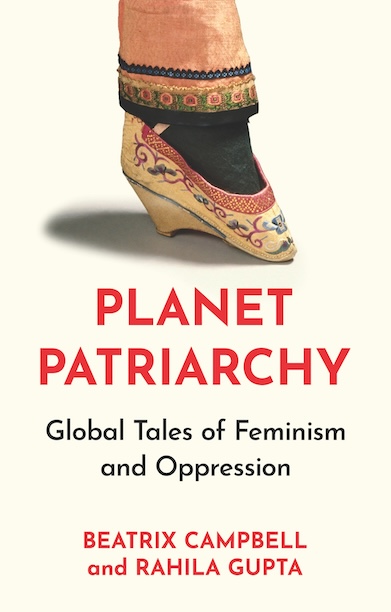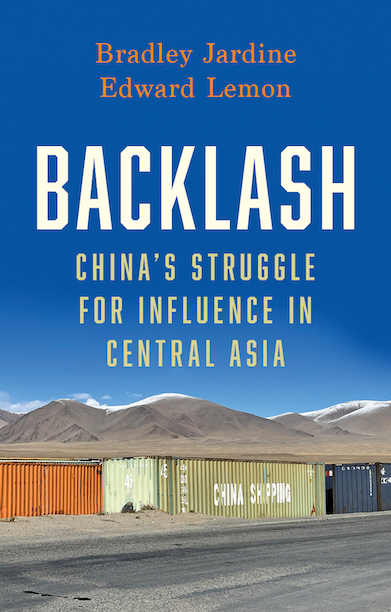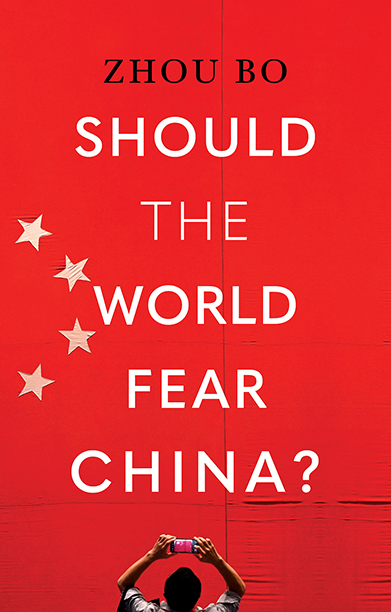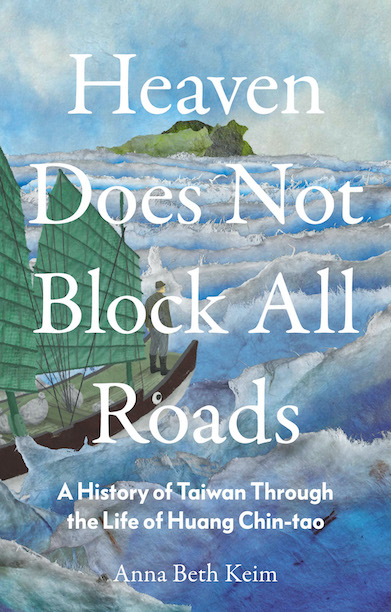The Japanese Talmud
Antisemitism in East Asia
Investigates the roots of antisemitism in East Asia, revealing it not as a borrowing from Europe, but as a distinctly local cultural tradition.
Description
The image of Jews in East Asia is a strange mixture of opposites, a paradoxical blend of admiration and mockery, identification and denial. This book explores what ‘Jew’ means to many East Asians, and whether it is anything that Jewish people themselves would recognise.
There is clearly a positive fascination: various bestsellers entitled Talmud are found in vending machines and public schools, while private ‘Jewish education’ institutions have opened across South Korea, claiming to improve children’s IQ. People can stay at the Talmud Business Hotel in Taiwan, or attend Chinese centres for Jewish Studies with academics who have never met a Jew. There is a legend that Japanese people are a Lost Tribe of Israel, and ‘Anne’s day’, named after Anne Frank, is a euphemism for menstruation. Yet the region also shows some of the world’s highest rates of antisemitism, manifesting in disturbing ways: Taiwan’s concentration camp–themed restaurant, or South Korea’s ‘Adolf Hitler Techno Bar & Cocktail Show’.
By integrating scholarship on antisemitism, East Asian Studies and cognitive science, Schilling uncovers antisemitism’s global, sometimes dualistic nature; not Western, and always persistent. He offers ground-breaking insight, redefining how we understand East Asia, antisemitism, and Judaism as a globalised religion.
Reviews
‘Thought provoking [… ] A highly original and interesting book [… It] adds much to our knowledge of the topic as well as providing new insights and new ways in which to approach the problem of anti-Semitism not only in East Asia but in the rest of the world as well.’ — Asian Journal of Social Science
‘Recommended for Judaica collections and public, synagogue, or academic libraries.’ — Association of Jewish Libraries Reviews
‘The Japanese Talmud makes a significant contribution to the international study of antisemitism because, first, it establishes that prejudice against Jews can flourish clandestinely even in countries with few Jews. Second, Schilling may be one of the first authors to make a general distinction between the antisemitism of the West and East Asia […] Schilling has indeed shown us a way forward.’ — Temenos – Nordic Journal of the Study of Religion
‘Truly insightful and thought-provoking. Tracing the origin and rise of the Talmud publications vogue in East Asia, this is a critical and novel analysis of contemporary attitudes toward Jews.’ — Rotem Kowner, Professor of Japanese Studies, University of Haifa, and editor of Jewish Communities in Modern Asia
‘This wonderful, ground-breaking book uses a combination of case studies, theorising and cognitive science to investigate antisemitism’s co-existence with philosemitism in East Asian culture. Every serious scholar of antisemitism needs to read this original and important contribution to the literature.’ — Lesley Klaff, Editor-in-Chief, Journal of Contemporary Antisemitism
‘An important study not only of the East Asian manifestations of antisemitism and philosemitism, but also, especially via the notions of bisemitism and antisemitism as storytelling, perspectives that every student of antisemitism needs at least to consider. A useful contribution to combatting antisemitism.’ — Paul Hedges, Associate Professor in Interreligious Studies, Nanyang Technological University
Author(s)
Christopher L. Schilling PhD is a lawyer and political scientist, and the author of Zen Judaism: The Case Against a Contemporary American Phenomenon. He has taught at diplomatic academies and universities in the UK, Germany and Mexico, and held visiting academic positions in New York, Taipei, Seoul and Tokyo.
